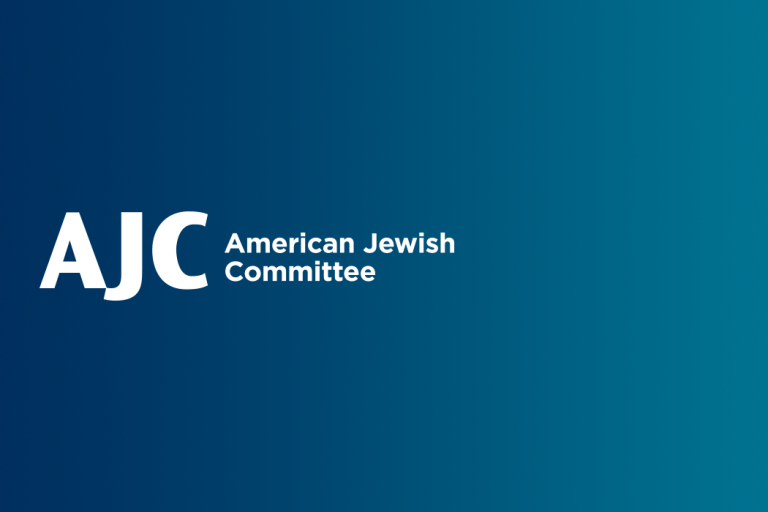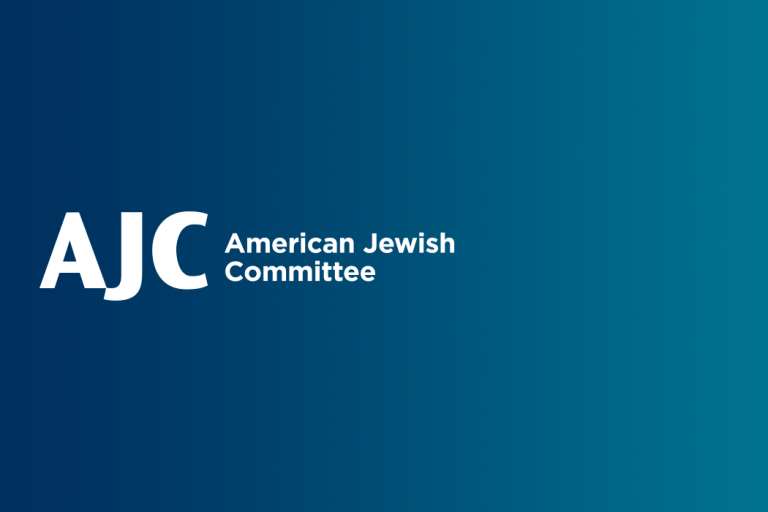August 14, 2018 — New York
This piece originally appeared in The Jewish Week.
By Alexander Zeldin
“Excuse me, are you Jewish?”
It was my first week at Rutgers University. I was on crutches, having broken a leg a few weeks earlier, making it impossible for me to run away even though I felt the urge to do so. Still, it wasn’t a question I expected to be asked while exploring a student fair. I hesitated but having been brought up in a Russian-Jewish home where dinner featured golubtsy (stuffed cabbage) and vivid monologues on antisemitism in Soviet Belarus, it felt wrong to say no. Looking back, I’m glad I said yes. It led to a Birthright trip that proved central to building my Jewish identity.
Later that day I found myself at Rutgers Hillel being interviewed by the shlicha, the Israeli campus emissary. “How much do you know about Israel?” she asked me. “A bit,” I said. But I was downplaying my knowledge. I had family in Israel, had spent some summers there, and had obsessively read and reread Herman Wouk’s criminally underappreciated novels “The Hope” and “The Glory,” works of historical fiction that covered major events in Israeli history beginning with the country’s founding. She quizzed me: “How many wars did Israel and Egypt have?” “Five,” I answered. “Five?” she asked. “Yes, counting the War of Attrition,” I answered. “You’re going on my trip,” she said.
A few months later there I was, having the authentic Taglit experience of hiking Masada, riding on camels, and eating shawarma for 10 days straight.
But that was hardly the end of the story. Though I was proud of my knowledge of Israeli history, I knew little about Judaism. My American Jewish classmates at public school taunted me: “You’re not really Jewish, you eat pork.” The few times a year my parents took me to synagogue made me feel the same way. We’re not really Jewish, I thought to myself, at least not like the people rocking back and forth and saying things in Hebrew at the right times.
So, I went on Birthright with some trepidation. I wouldn’t be going to the warm, loving confines of the Russian-speaking Israel I knew so well. I’d be spending time with Jews who knew much more than me about Judaism. I was leaving my comfort zone, sure that I was going to be taunted again and revealed to be a fraud.
Instead, I met Jews who didn’t look like me, whose family stories weren’t like mine, but who wanted me to be as proud to be Jewish as they were. I was hooked.
When I got home I became involved with Hillel. I helped plan events. I called members of Congress. I bugged students to sign petitions. Through Rutgers Hillel, I met and befriended other Russian Jews like me, and a year later I was elected the Israel Chair at Hillel. Because of Birthright, I went from never having heard the word Shabbat to helping plan Israel-themed Shabbat meals for hundreds of students. Today, nearly a decade later, I regularly host Shabbat meals in my kosher home.
Currently, there is growing controversy about Birthright. Critics charge that the trip is nothing more than propaganda meant to whitewash Israel’s shortcomings in its conflict with the Palestinians. To dramatize the point, some critics encourage participants to leave the trip. This is nothing more than political posturing: In fact, Birthright gives the students the option to extend their time in Israel for weeks or even months in order to engage on a deeper level with Israel and the Palestinian territories as they see fit.
The critics — many of whom grew up going to Jewish day schools and summer camps — are right about one thing: Birthright is not about addressing the Israeli-Palestinian conflict. Its role is to open the door to Jewish identity. For young Jews with minimal knowledge and weak or nonexistent communal ties, Birthright is the first opportunity to experience being in a room full of Jews and feeling that it’s normal. For Jews from interfaith families who did not grow up confident in their Jewish identity, it’s the first time to be in a place where their Jewish heritage is centered. Anyone who has been on Birthright or led a trip knows someone who had their bar or bat mitzvah on the trip.
At a time when Jewish literacy and communal involvement are in sharp decline, do we really want to transform what is for many people their first substantive Jewish experience as young adults into a crash course on an intractable 100-year-old conflict?
As someone who no longer feels like a fraud at services, I know my answer.
Alexander Zeldin is the American Jewish Committee’s senior communications associate.


